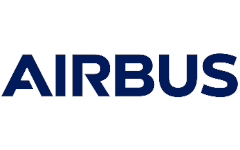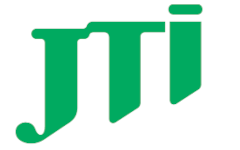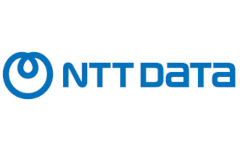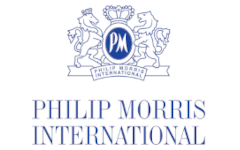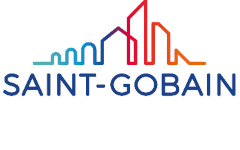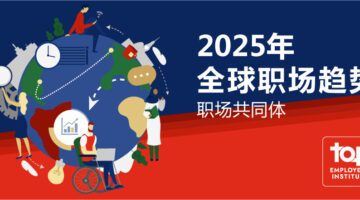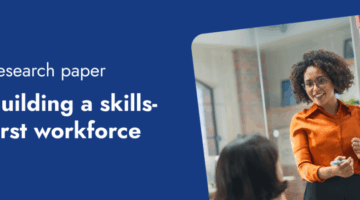
全球首屈一指的人力资源战略权威
我们帮助您在吸引、聘用和留任顶尖人才的过程中,提供具有切实影响力的卓越人力实践。

我们助力您的成功
与瞬息万变的职场世界保持同步是一项挑战。 结合我们的人力资源专家、可操作的见解和值得信赖的认证流程,我们行之有效的路线图能够帮助和支持企业在其全球人力实践中建立并保持卓越。




92%
的潜在求职者认为,杰出雇主的认证背书是他们申请工作的决定性因素。
74%
的杰出雇主在加入杰出雇主计划后提升了其作为优秀雇主的地位。
150%
获得认证后,企业官方招聘网站的流量每年增加 150%。
杰出雇主认证项目的优势
以数据为导向的洞察
了解工作重点,提高效率和影响力
雇主品牌认知度
建立信誉和信任,提升员工体验
对照基准
与其他杰出雇主对比人力资源政策成果
业务对齐
在所有市场和地区始终如一地开展业务
全球社群
与全球其他杰出雇主一起学习、交流和庆祝
认可度和知名度
通过活动、名单发布和内容专题宣传杰出雇主
持续学习
通过专家指导、最佳实践和见解保持领先地位
多元化与包容性
支持包容和多元化的工作场所

全球认可、值得信赖的人力资源合作伙伴
我们通过变革性的人力实践,赋能组织能够最大限度地发挥其人才能力。
2 400+
个认证机构
30+
多年的人力资源经验
13 million
影响力覆盖1200 万员工的生活
125
个地区/国家
1
项全球标准
杰出雇主对我们的评价
杰出雇主调研机构的认证项目肯定了我们在人力资源政策方面所采取的措施。此外,它还为我们提供了进一步改进的灵感

Gaëtan Deffrennes
理事长 | Groupe Randstad
理事长 | Groupe Randstad

杰出雇主调研机构为我们提供了一个基准,让我们能够在从招聘到面试、从员工发展到离职的每个阶段不断改进

Kitty Batist
人力资源总监 | Eurocaps
人力资源总监 | Eurocaps

精选观点
阅读我们的最新文章、案例研究和报告等。

